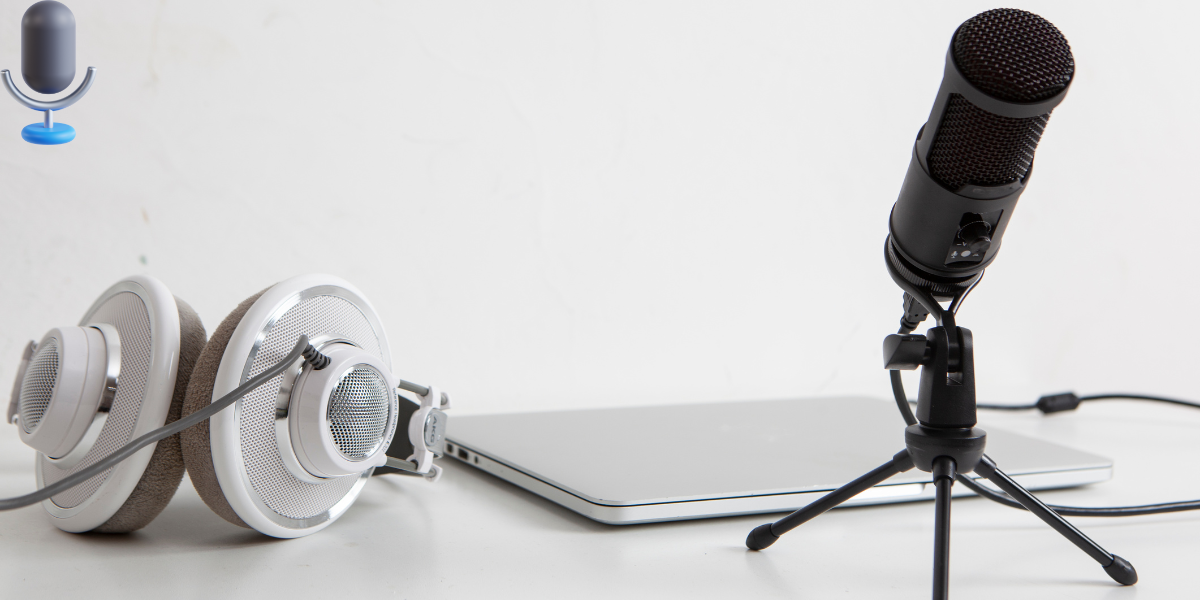Have you ever felt like your voice could make a difference, tell a story, or spark new conversations? If so, starting a podcast might just be your calling. The world of audio storytelling is booming, and launching your own podcast in 2025 is more doable—and more rewarding—than ever.
But with over 5 million podcasts out there, how do you stand out? That’s exactly what we’re diving into. Whether you’re a budding content creator, niche expert, or simply eager to experiment with your voice, here are the top 5 actionable tips to help you kickstart your podcasting journey on the right note.
1. Define Your Niche and Target Audience
Before hitting record, you need crystal-clear answers to two questions:
Who are you speaking to? And why should they listen to you?
- Niche down: Instead of a broad topic like “health,” go deeper—think “plant-based meal prep for busy parents” or “mindfulness practices for architecture students.”
- Audience personas: Create 1–2 listener personas with demographics, interests, struggles, and goals.
- Unique angle: Consider what fresh perspective or personal story sets you apart from other podcasters in your niche.
Example: Instead of a generic travel podcast, “Budget Backpackers in South Asia” gives clarity and relevance for a specific audience.
2. Get the Right Equipment Without Breaking the Bank
You don’t need a pro-level studio to start—just decent gear and the right tools.
Beginner essentials:
| Equipment | Recommended Specs/Options |
|---|---|
| Microphone | USB mic like the Blue Yeti or Samson Q2U |
| Headphones | Closed-back headphones for accurate monitoring |
| Recording Software | Audacity (free), GarageBand, or Alitu |
| Hosting Platform | Buzzsprout, Podbean, or Spotify for Podcasters |
Pro Tip: Record in a small, carpeted space to reduce echo—closets work surprisingly well.
3. Plan Your Episodes Like a Storyteller
Winging it might work once or twice, but consistency and clarity ultimately prevail in the long game.
- Outline your episodes: Break them into intro, main discussion, and a clear outro.
- Time it right: 20–30 minutes is a sweet spot for beginner podcasters.
- Have a content calendar: Plan at least 4–6 episodes in advance so you stay ahead.
Bonus Strategy: Structure your episodes around recurring themes or series. For example, “Mindfulness Mondays” or “Freelancer Fridays.”
4. Optimize for SEO and Discoverability
Creating great content isn’t enough—it also needs to be found.
Here’s how:
- Episode titles: Use long-tail keywords like “Best Mindfulness Apps for Sleep” instead of generic ones like “Episode 2.”
- Write SEO-rich show notes: Include a summary, keywords, resources mentioned, and CTAs (calls-to-action).
- Transcriptions: Including a text version of your episode improves accessibility and SEO rankings.
- Cross-platform posting: Share your podcast on YouTube, LinkedIn, X, or Instagram to widen your reach.
5. Promote Your Podcast Like a Pro
You’ve created awesome content—now let the world know.
- Leverage your blog and email list: Embed episodes and repurpose them as blog content.
- Social media snippets: Use Canva and Headliner to create engaging audiograms or reels.
- Collaborate with guests or influencers: Co-promoting helps you tap into new audiences.
- Ask for reviews and feedback: Encourage listeners to rate and review on platforms like Apple Podcasts or Spotify.
To read about the Top 5 mobile apps for daily productivity.
Tools to try:
- Descript – Edit audio like a doc (great for removing filler words).
- Castmagic – Automatically generate show notes, titles, and summaries.
- Notion or Trello – Plan your content pipeline.




One thought on “Top 5 Tips for Starting Your Own Podcast”